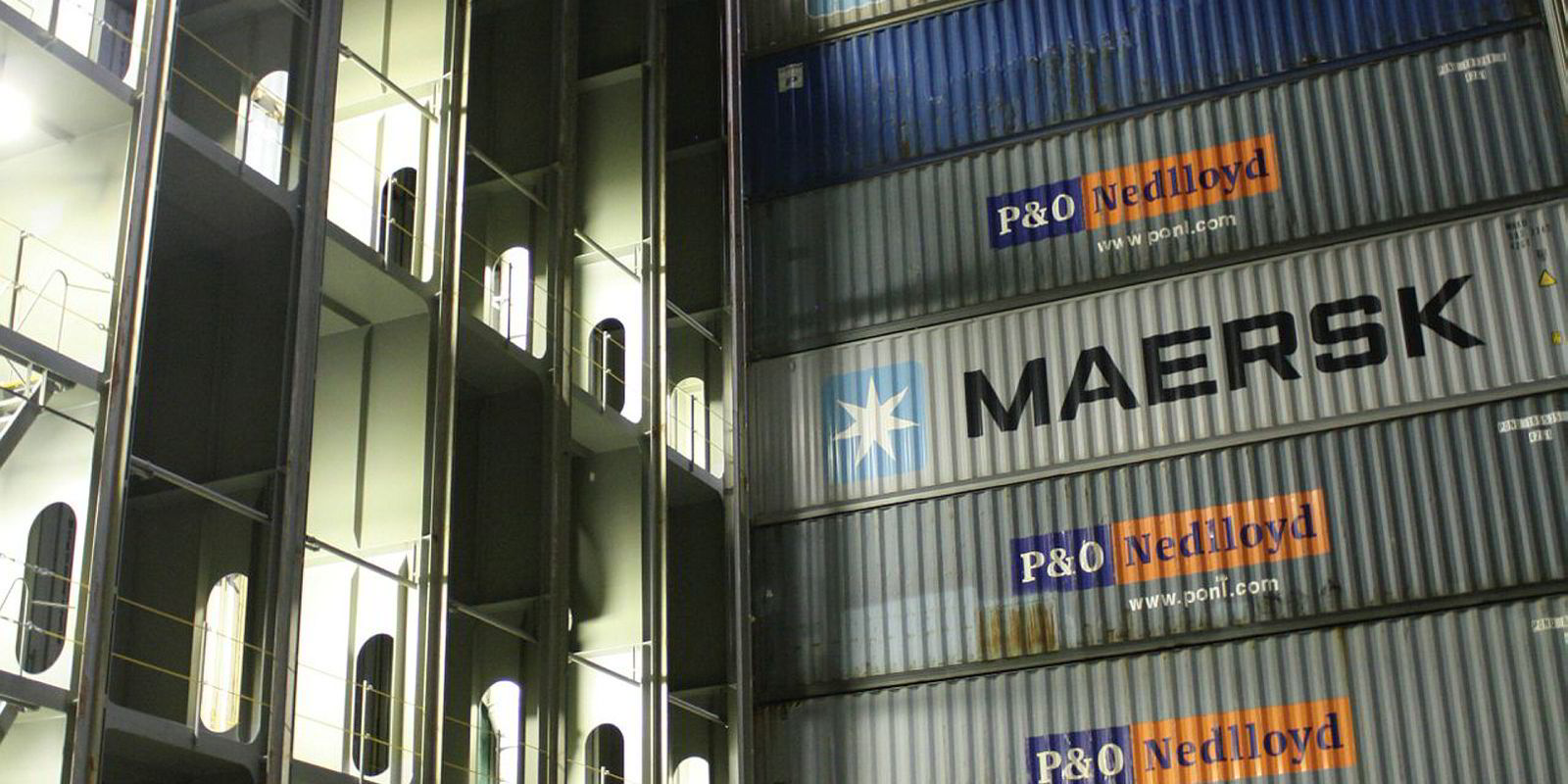Prime Shipping Foundation was supposed to launch the largest initial coin offering (ICO) in shipping last year.
With an ambitious goal of developing a freight platform based on blockchain and smart contracts, chief executive Ivan Vikulov did rounds of media interviews, selling his audacious plan to raise up to $150m from shipping and crypto market participants.
Had the project — backed by Gibraltar-based Quorum Capital and Russian shipbroker Interchart — succeeded, it would have been a triumph for the fledgling means of financing that combines crowdfunding and initial public offerings.
There has not been a successful shipping IPO since 2015 in the US, the largest public market for the industry.
Abrupt halt
But the ICO came to an abrupt halt. In late October, Prime Shipping announced on its Facebook page that Vikulov had “suddenly left”, while admitting the development was slower than expected.
It promised a beta version of the platform this year, but there has been no update since, and its website primeshipping.io no longer appears to be functioning.
TradeWinds sought comment from Vikulov and other Prime Shipping personnel. None responded.
Prime Shipping was not an exception in the never-to-be wave of shipping ICOs last year. Except for Ljubljana-based CargoX, which raised $7m from selling its Ethereum-based tokens, other project developers such as 300cubits and ShipNext also did not get much better luck in their token offerings.
Some have attributed this to the fading craze over cryptocurrencies, with tighter regulatory scrutiny across the globe. ShipNext, which also aims to build a blockchain-base freight system, pulled its $62m ICO in Malta due to stricter local regulations requiring extra, costly compliance checks.
“We did raise some funding…[but] decided not to proceed, and terminated the process,” ShipNext chief executive Alexander Varvarenko says. “The money we raised had to be returned.”
The overall bearish crypto market can be perhaps showcased by Bitcoin, the largest cryptocurrency in terms of market capitalisation, which has seen its value plummet by 80% since hitting an all-time high in late 2017.

300cubits co-founder Johnson Leung also admits his token sales were slower than expected. The Hong Kong-based start-up raised 2,009 ethers in total, which provided $1m-$1.2m in proceeds. “Lots of this are related to people’s sentiment,” Leung said.
For 300cubits, which wants its tokens to be used as booking deposits to fix the issues of no-shows and rolled cargo in container shipping, the weaker confidence in cryptos also means lower adoption of its systems. Nearly 100 shippers and container lines including MCC Transport are willing to give its blockchain-based platform a try — but the turnover has yet to reach commercial volume.
“The challenge is understanding our blockchain and the use of our token. That’s the mental block,” Leung says. “How we actually turn those tokens into financial assets is a bit hard for the shipping industry to follow.”
Both Leung and Varvarenko admit they will likely seek venture capital in the next round of fundraising instead of ICOs, but remain confident their projects will benefit the industry in the long run.
“ICO was [just] one of the ways to find funding to help our project grow,” Varvarenko says.
Even though crypto-freight payments have not become a wide-used solution, blockchain as a technology is “an inevitable reality”, he adds.






